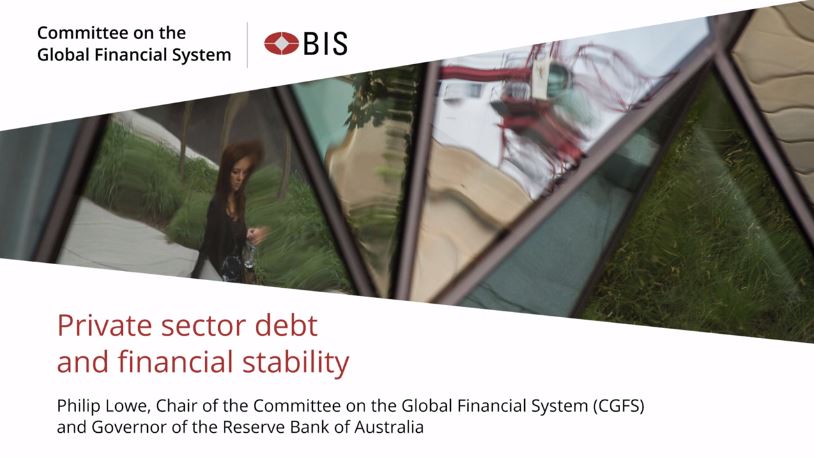The National Bank of Belgium (NBB) is to support the European Commission in funding the important NextGenerationEU recovery plan. The Commission has decided to call on the NBB’s market infrastructure and expertise for issuance of the massive package of bonds worth over € 800 billion. During the coronavirus crisis the European Commission decided to support the Member States with an extensive recovery package to make the Union greener, healthier, more digital and more resilient. The package is called NextGenerationEU and will be funded by resources made available by the issuance of debt securities with a maturity of three months to thirty years. Altogether the investment programme amounts to over € 800 billion. The European Commission decided to call on the European Central Bank and the National Bank of Belgium for the issuance of these bonds. While the ECB will act as the payment bank the NBB will arrange the issuance of the bonds through its securities settlement system. Continue reading…
The message is clear: organisations must be held accountable for their social and environmental footprint. Therefore, it’s inevitable that speaking up becomes the next social…
Download whitepaper









